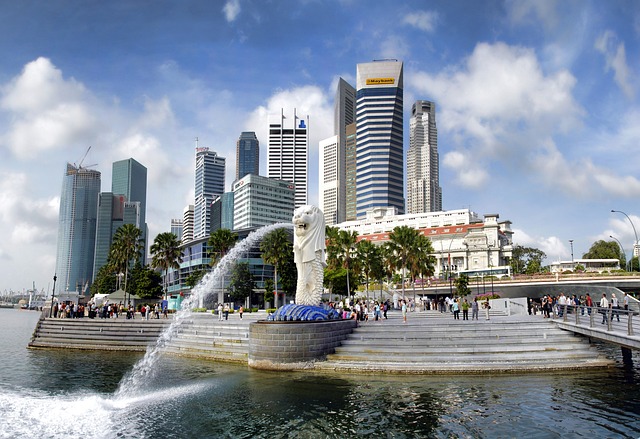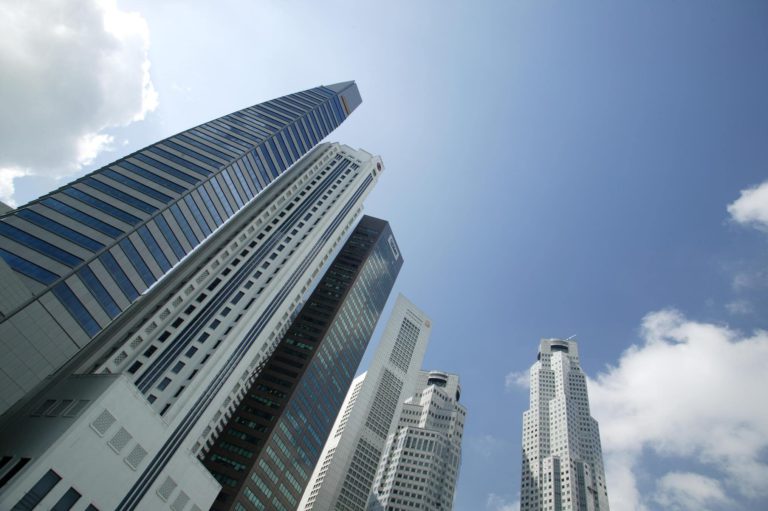How to Evaluate Your Chances of Getting PR in Singapore?
Step 1 – Understand Annual Quotas and Selective Immigration Policy
With approximately 30,000 quotas annually set aside for new Singapore Permanent Residences, the Singapore Government adopts highly stringent yet strategic sets of parameters in evaluating potential candidates for approval.
These parameters are reviewed holistically and there is no single parameter that is more important than another – contrary to popular belief that the Singapore Government only evaluates applicants based on their income ceiling.
Singapore’s Selective Immigration policy is built on a firm notion that views immigrants not only as a booster for the local workforce but also as a solution to address our rapidly ageing population. While the government has put in place policies aimed at increasing our birth rates, at present, Singapore remains open to controlled immigration in order to fill the population gaps, as documented in the Population White Paper.
Step 2 – The Selective Immigration Policy Parameters
With thousands of Singapore Permanent Resident applications reviewed monthly, it is important for applicants to fully understand the parameters that affect applications.
Age: In view of the official retirement age of 65, you will be assessed on your ability to provide a significant contribution to the economy and/or society for a period of time. While younger applicants provide time and youth on their side, older applicants bring about a wealth of knowledge and experience.
Length of Physical Stay: The Singapore Government will access your potential by looking into the length of time you have physically stayed and/or remain employed within Singapore. You will stand a better chance if your stay is not brief and you can show how you have familiarised with the local community and culture to support your decision on seeking Singapore Permanent Resident status.
Education: As a progressive nation, Singapore looks out for well-balanced candidates who are proficient in both academic and professional experience in the respective industries and sectors. Conversely, technical skills with the proper qualifications will also be heavily considered for skilled-specific positions.
Industry & Employment: What are some of the key industries that drive the Singapore economy? As a global hub for various key sectors, employment and expertise in such sectors may be the defining factor in the state’s decision in granting you Singapore Permanent Residence. Another factor for consideration would be your employment terms (ie, contract vs permanent).
Income & Economic Contribution: While many would assume that the income bracket is the key driver for approvals, it is imperative that you understand the importance of a holistic contribution. Regardless of your position, all manner of contribution counts. You will also be assessed on your future earning potential and spending power within Singapore.
Kinship & Family Ties: If you already have existing family and relatives who are Singapore Permanent Residents or Citizens, you may stand a stronger chance as it is generally favoured for family circles to keep within close proximity and to further assimilate into an ever growing and expanding multiracial society.
Social Integration: In addition to economic contribution, as a small country, contribution to society has been seen lately as a key factor in applications. Be it through monetary contributions, volunteering in the social service sector, the effort you put into the society indicates a strong desire to blend into our culture and norms.
Special Commendations: If you have accumulated special commendations, awards and recognition on a professional or personal level, you can use these accolades to gloss your application and showcase what makes you different from other candidates.
Special Talent: Special talents and skill sets will give you a unique edge. Depending on what these talents are, you will be assessed on how this talent helps to elevate you and the community. For example, such talents may include but not be limited to individuals who have a track record in sporting and/or artistic excellence.
Step 3 – Using the above guidelines for bench-marking
To understand where one stand is in the reviewing matrix, applicants need to intelligently benchmark their own profiles against the parameters set out above. There is definitely no one-size-fits-all solution – the key to successful applications lies in focusing on one’s strengths and building up on the other aspects that may be lacking.







